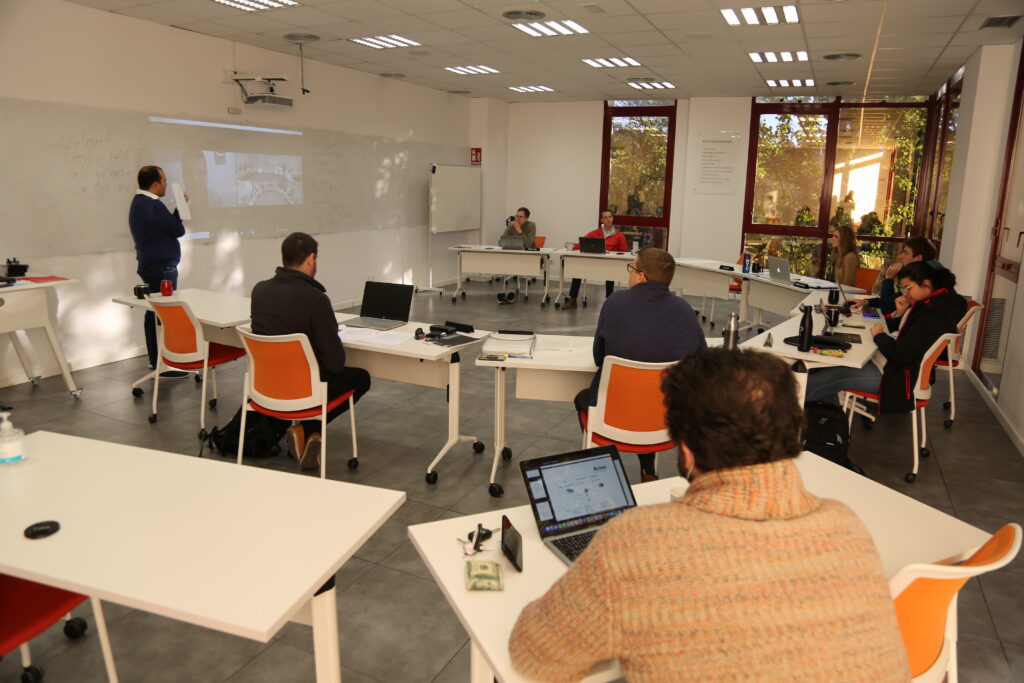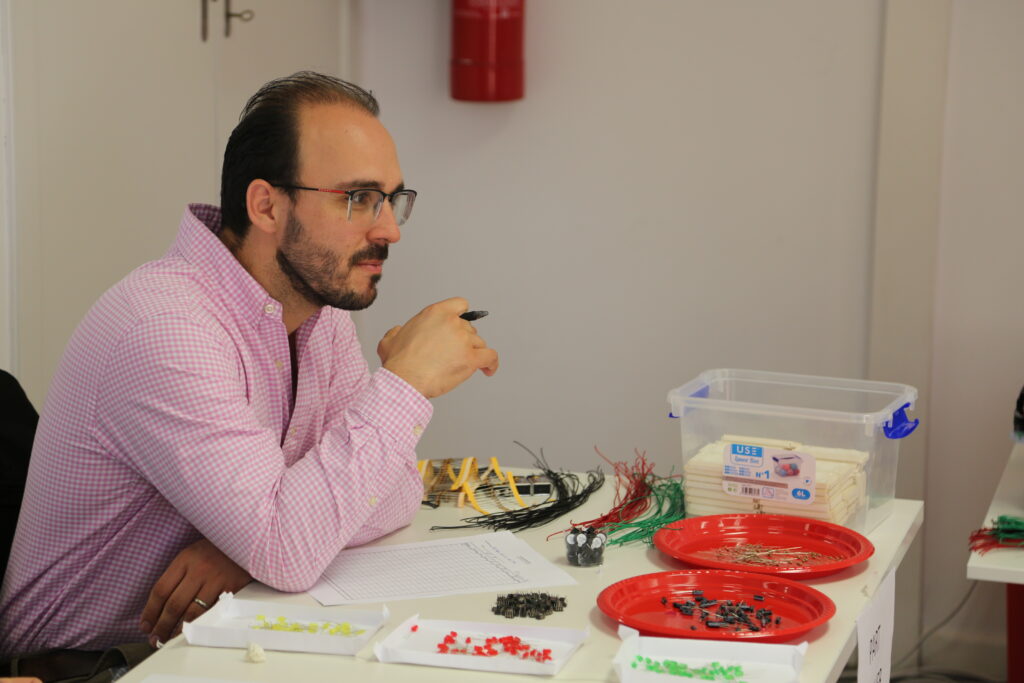The Three Types of Entrepreneur: Which Are You?
OCTOBER 16, 2014
At Acton, we classify entrepreneurs into three categories . . . These categories aren’t meant to rank the quality of entrepreneurs, but rather help people find business models that best fit their temperaments.
We’re examining how different business strategies appeal to different people, using real life examples.
At Acton, we classify entrepreneurs into three categories: Bootstrap Tortoises, Asset Foxes, and MBA Hares. These categories aren’t meant to rank the quality of entrepreneurs, but rather help people find business models that best fit their temperaments.
Bootstrap Tortoises
Bootstrap Tortoises build their businesses step by step, typically starting with customers. They focus on creating one satisfied customer at a time, staging investments so that they risk as little as possible until demand is proven.
Were you one of the first children in your neighborhood to open a lemonade stand? Did you borrow the necessary ingredients from your parents by promising a share of the profits? If so, you may have the instincts of a Bootstrap Tortoise.
Gifted Bootstrap Tortoises are drawn to customers with intense, unsatisfied needs. They collect deposits from customers and pay suppliers as late as possible to minimize working capital investments. Bootstrap Tortoises stage investments, risking as little as possible until demand is proven, and prefer opportunities where capacity can be expanded cheaply once demand soars.
One of the biggest rewards of being a successful Bootstrap Tortoise is that you get to keep most of the equity in your business.
Asset Foxes
Like Bootstrap Tortoises, Asset Foxes build their businesses step by step; however, they prefer to start with something tangible, like property, rather than customers. Asset Foxes acquire, improve, and trade one asset at a time.
Were you a child who collected baseball cards, coins, or stamps? Did you spend countless hours studying whether a 1951 Joe DiMaggio card in mint condition was worth more than a 1958 Willie Mays in good condition? Were you always trading to upgrade your collection, using your wits instead of your allowance? If so, you may have the instincts of an Asset Fox.
Asset Foxes have natural talents more suited to understanding markets and trading objects or properties. Through their approach to business, they eventually develop a sense of a market, a talent for negotiating, and an appreciation for the difference between one asset and the next.
MBA Hares
MBA Hares write business plans and raise war chests of venture capital, believing that the sooner you launch and the faster you grow, the sooner you can have an IPO and make lots of money. The MBA Hare’s strategy is the one taught at most business schools. (At Acton, we tend to focus more on the other two types).
Often, the siren call of the MBA Hare sounds most attractive to the aspiring entrepreneur. Why not use someone else’s money and ambition to skip the early archetypes and go straight to an effective business model?
Quite simply: because it doesn’t work in the real world. Hubris and rhetoric turn out to be a poor substitute for hard work and experimentation when searching for a profitable business model that serves others.
So, what type of entrepreneur are you? Do you think that some people are just better suited for using certain types of business models? When wouldn’t you go with the archetype that best fits you?
Want to learn more?
Interested in learning more about how to hone your talents and use them in a way that satisfies an unmet customer need so that you can not only grow a successful business but, more importantly, provide a valuable service to others? Read about Acton’s groundbreaking MBA program, sign up to visit a class, or contact us directly with questions. We’d love to hear from you!










